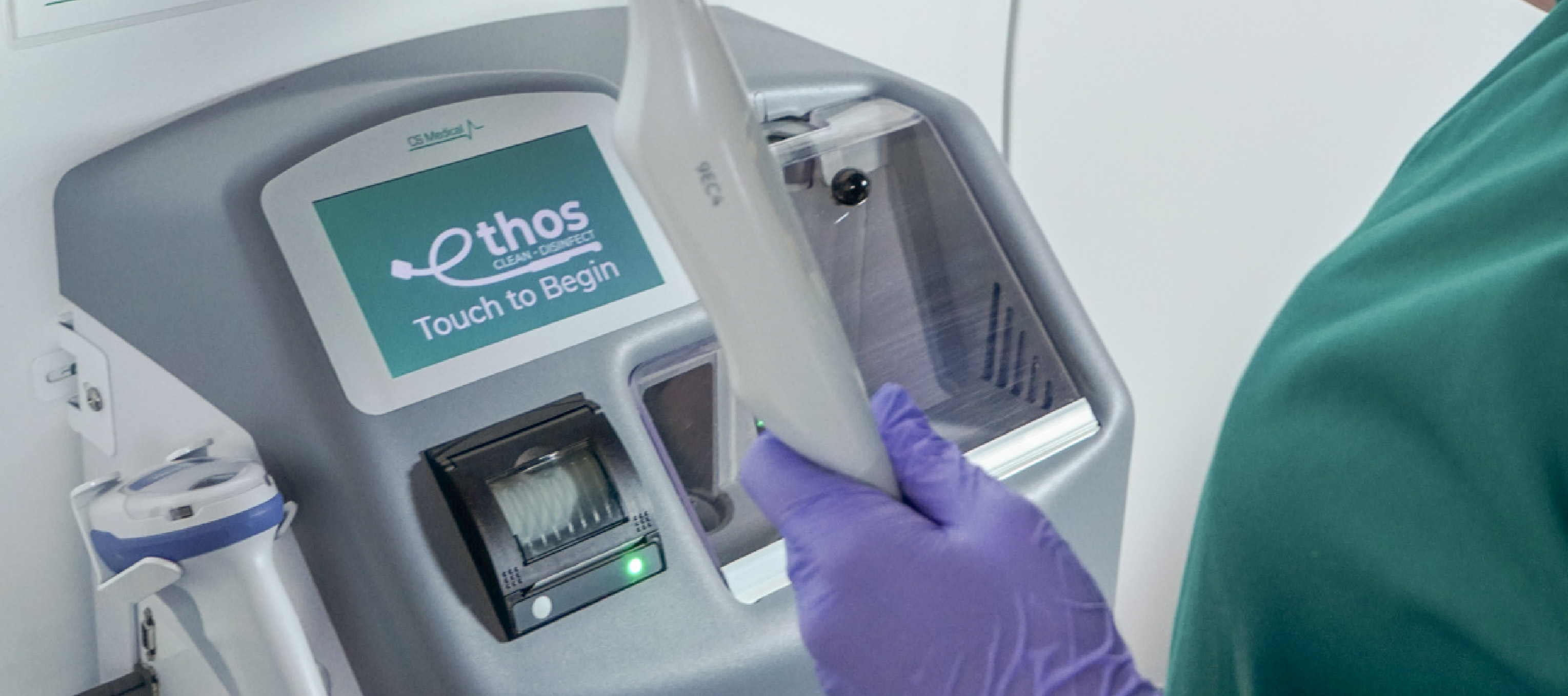The healthcare industry is facing a significant staffing crisis that has reached alarming proportions. The 2024 NSI National Health Care Retention & RN Staffing Report states, “Reflecting on the past 5 years, the average hospital turned over 106.6% of its workforce.” While much of the conversation surrounding staff turnover focuses on clinical personnel—such as nurses and physicians—there is a massive gap in the data collected about turnover rates among critical support staff and nonclinical employees. These individuals often play an essential role in the reprocessing and maintenance of medical equipment, yet their contributions remain largely unrecognized and undervalued.
Despite the essential functions performed by critical support staff who often handle medical equipment reprocessing, there is a surprising lack of data and research focused on their turnover rates. This oversight creates a blind spot in understanding the full impact of staffing shortages in healthcare settings. Without comprehensive data, healthcare administrators cannot adequately assess the implications of turnover among these employees, which can lead to increased risks to patient safety. The absence of stability in support staff can exacerbate the challenges faced by clinical staff. New and inexperienced personnel may not be familiar with proper reprocessing protocols for critical medical devices, leading to potential errors that compromise patient safety. Improper reprocessing can expose patients to the risk of healthcare-associated infections (HAIs). This concern directly correlates with the proficiency of support staff.
High turnover rates among healthcare staff do not merely affect the morale of the remaining team members; they can have far-reaching consequences for patient care. When staff leave, less experienced personnel often take on their roles. New hires may not initially possess the necessary skills or knowledge to perform critical tasks correctly, resulting in an increased likelihood of mistakes. In one study, “Even after the routine disinfection procedures (low-and intermediate-levels), there was a 12.9% prevalence of pathogenic bacteria and 1% of viruses on the transducer surface,” underscoring the urgency of maintaining high standards in reprocessing.
Consistent staffing is vital for creating a culture of safety and accountability. Experienced staff members develop familiarity with protocols and can catch potential errors before they escalate into more significant issues. In contrast, high turnover disrupts team cohesion, making it more challenging to adhere to best practices consistently. In an environment where patient safety is paramount, the consequences of poorly trained support staff can be dire.
Training and Continuing Education
Given the critical role of support staff in maintaining equipment safety and compliance, healthcare facilities must invest in comprehensive training programs. Ongoing education not only equips employees with the knowledge and skills necessary for their roles but also fosters a sense of engagement and job satisfaction. The Joint Commission mandates that staff participate in ongoing education, making it essential for facilities to prioritize this aspect of employee development. AORN has stated that healthcare organizations “should provide initial and ongoing education and competency verification activities related to manual chemical high-level disinfection for personnel who are handling and using chemical HLDs.”
CS Medical recognizes the need for effective training and offers continuing education (CE) credits to help healthcare professionals enhance their skills. By providing accessible learning opportunities, CS Medical empowers staff members to stay informed about the latest reprocessing protocols and infection prevention practices. Fortunately, CS Medical’s Industry Information Sessions allow medical professionals to earn CE credits for free. To join, RSVP here for our next event. Education helps mitigate the risks associated with high turnover and ensures that existing staff feel valued and prepared for their work.
Embracing Automation
In addition to training, healthcare facilities can enhance operational efficiency and reduce employee stress through automation. Automated systems for cleaning and disinfecting medical devices, such as CS Medical’s TEEClean® Automated TEE Probe Cleaner Disinfector and Ethos® Automated Ultrasound Probe Cleaner Disinfector, significantly streamline reprocessing. These devices simplify complex procedures, reducing the number of steps involved and minimizing the risk of human error.
By utilizing automated cleaning systems, staff can focus on other important tasks without compromising the quality of device reprocessing. The time saved from manual cleaning procedures allows staff members to dedicate their attention to patient care and other essential duties, ultimately enhancing a healthcare facility’s overall efficiency.
Moreover, automation can alleviate some of the pressures associated with high-stakes environments. The American Hospital Association reports, “Forty-four percent of nurses planning to quit their jobs blame burnout and a high-stress environment.” When staff know that they have reliable, automated systems in place, they are less likely to feel overwhelmed or burned out. This support can be crucial for retaining personnel in an increasingly demanding field.
The healthcare industry must address the pressing issue of turnover rates among support staff and nonclinical employees, particularly regarding their roles in reprocessing medical devices. The lack of data on this group is a significant barrier to understanding the broader impact of staff shortages on patient safety and quality of care.
Investing in training and education for support staff, alongside implementing automated systems, can foster a safer and more efficient healthcare environment. As the industry navigates these challenges, recognizing and valuing the contributions of critical support staff will be essential in improving patient outcomes and maintaining high standards of care.


